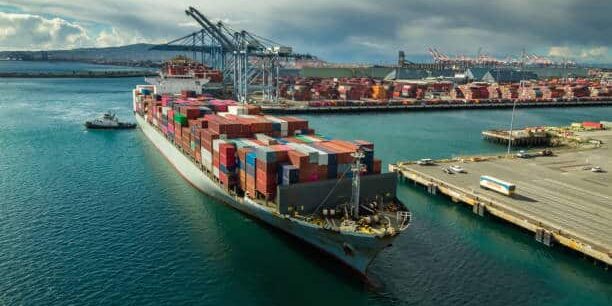New Zealand’s coastal freight service is undergoing a strategic transformation that promises to enhance the nation’s logistics and supply chain resilience. A leading operator in the sector is making pivotal adjustments to its fleet, which will result in a more focused and efficient service. In response to shifting trade patterns and economic conditions, the operator has decided to streamline its operations by consolidating its resources. This strategic move will concentrate efforts on maximizing the efficiency and impact of its remaining New Zealand-flagged container ship, which continues to provide vital inter-regional cargo movements in support of the country’s road and rail networks.
The Maritime Union of New Zealand (MUNZ) views this development as a proactive adaptation to the evolving economic landscape. By refining its operations, the coastal shipping service can better align with current demand and prepare for future growth. This decision ensures that the coastal freight service remains robust and capable of meeting New Zealand’s supply chain needs. Carl Findlay, the union’s National Secretary, supports the move, recognizing the importance of adapting to economic conditions and market changes. “Streamlining operations to focus on one highly efficient vessel will allow for greater operational agility and resilience,” Findlay stated. This approach is expected to strengthen the supply chain by ensuring consistent, reliable service.
This strategic consolidation highlights the operator’s commitment to innovation and sustainability within the maritime industry. The remaining vessel will continue to call at major ports, including Auckland, Lyttelton, Nelson, Timaru, Marsden Point, and Tauranga, maintaining crucial links in the supply chain. The operator’s proactive measures are further supported by past government funding aimed at enhancing coastal shipping services. This financial backing has provided the foundation for continued improvements and service enhancements, ensuring that New Zealand’s logistics network remains competitive and forward-looking.
Moreover, this strategic shift positions the coastal freight service to better integrate with international shipping lines, thereby improving feeder volumes and enhancing overall supply chain efficiency. The streamlined operations are set to reduce carbon emissions and contribute to a more sustainable logistics framework. In summary, this strategic adjustment in New Zealand’s coastal freight service is a positive step towards a more resilient and efficient supply chain. By focusing resources and optimizing operations, the nation’s logistics network is well-positioned to meet current demands and future challenges with greater agility and sustainability.
#ICTTMNews #BreakingNews #LogisticsGrowth #SupplyChainUpdate #PositiveChange #SustainableShipping #ResilientSupplyChain







